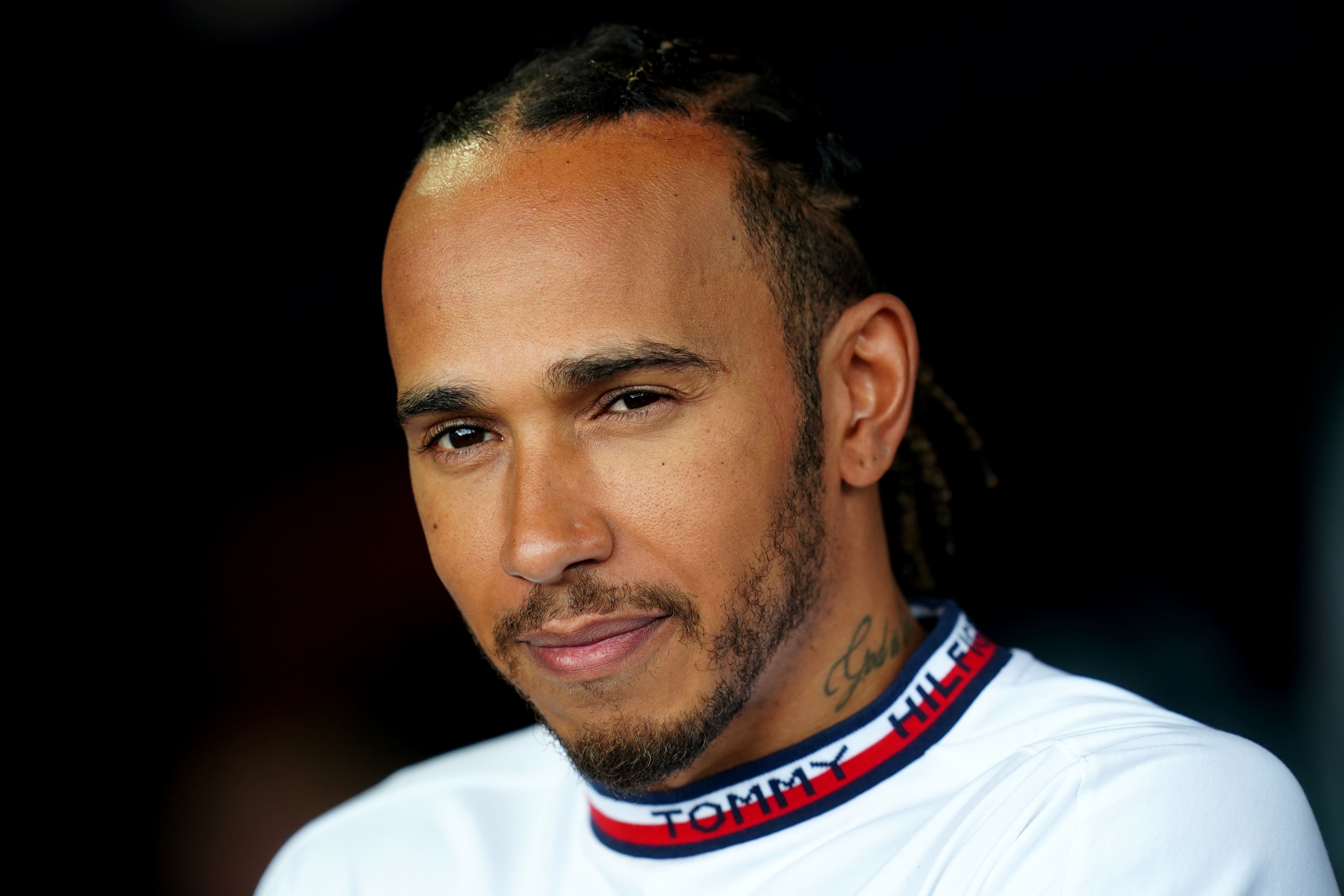FIA clarifies controversial political ban on F1 drivers speaking out
F1’s governing body updated its rules in December to state drivers would be in breach if they made ‘political, religious or personal’ statements without prior approval
Your support helps us to tell the story
From reproductive rights to climate change to Big Tech, The Independent is on the ground when the story is developing. Whether it's investigating the financials of Elon Musk's pro-Trump PAC or producing our latest documentary, 'The A Word', which shines a light on the American women fighting for reproductive rights, we know how important it is to parse out the facts from the messaging.
At such a critical moment in US history, we need reporters on the ground. Your donation allows us to keep sending journalists to speak to both sides of the story.
The Independent is trusted by Americans across the entire political spectrum. And unlike many other quality news outlets, we choose not to lock Americans out of our reporting and analysis with paywalls. We believe quality journalism should be available to everyone, paid for by those who can afford it.
Your support makes all the difference.The FIA have clarified a controversial political ban on Formula 1 drivers - insisting the regulation only applies in certain “key moments” such as podiums and national anthems.
F1’s governing body updated its international sporting code in December to state drivers would be in breach of the rulebook if they made “political, religious or personal” statements without prior approval.
The move has been met with widespread condemnation from drivers, with the likes of Lewis Hamilton, Max Verstappen, Lando Norris and George Russell all unimpressed and eager for transparency going forward.
Seven-time world champion Hamilton, in particular, has been vocal in speaking out on topics such as racism and minority rights.

The FIA, whose under-fire president Mohammed Ben Sulayem took a step back from day-to-day involvement in F1 last week, have now attempted to provide clarity with a three-page document sent to all 10 teams on Friday.
It states that drivers will still be able to “express their views on any political, religious or personal matter” in “their own space”, and outside of a race, via their social media channels or during an interview.
However, the FIA want to ensure “neutrality” during official activities “on the field of play”, such as national anthems before a Grand Prix or a podium after the race, and drivers will face sanctions if they oppose this section of the law.
Yet in an apparent move to appease growing unrest, the FIA said that in “exceptional” circumstances it “may authorise a participant to make a statement at an international competition that would otherwise be prohibited” with a request submitted four weeks in advance of an event.
It adds that the driver must “provide reason(s) why such permission should be granted”, and that each request will be judged on a “case-by-case basis”.
The 2023 F1 season begins on 3-5 March with the Bahrain Grand Prix, with the official pre-season test taking place next week (23-25 February) at the Bahrain International Circuit.



Join our commenting forum
Join thought-provoking conversations, follow other Independent readers and see their replies
Comments